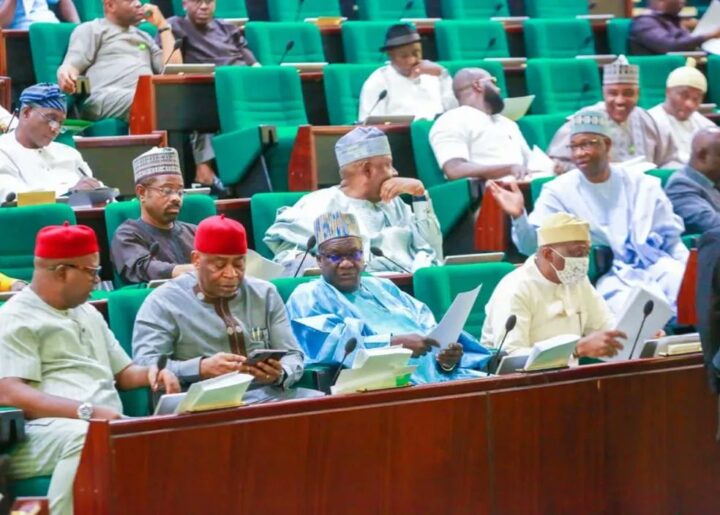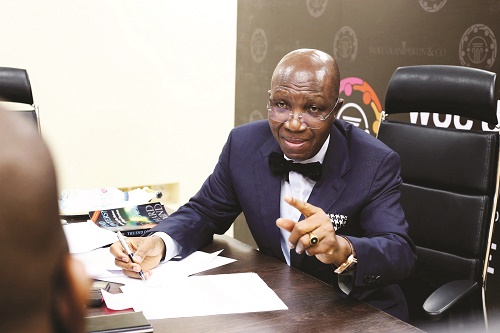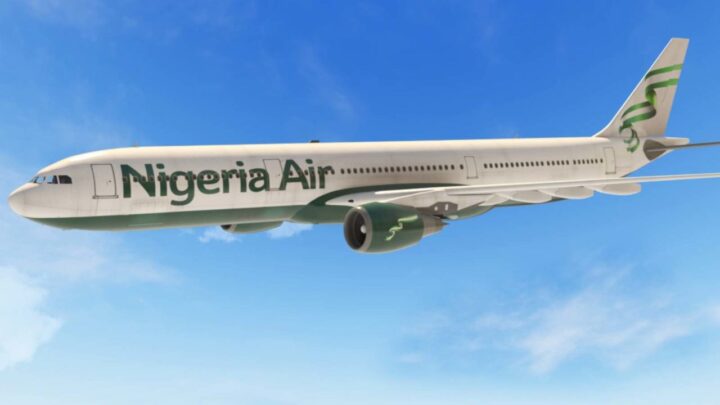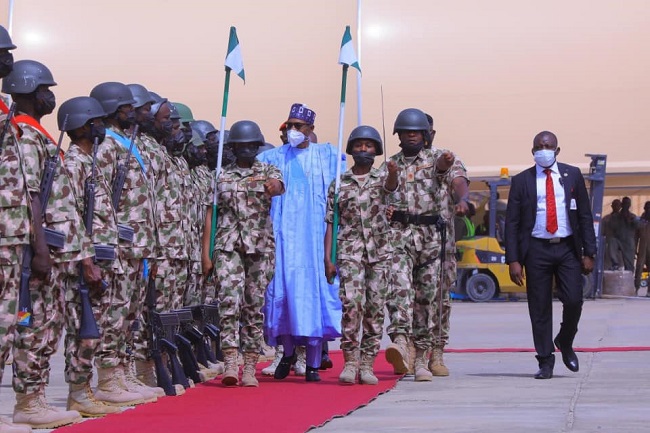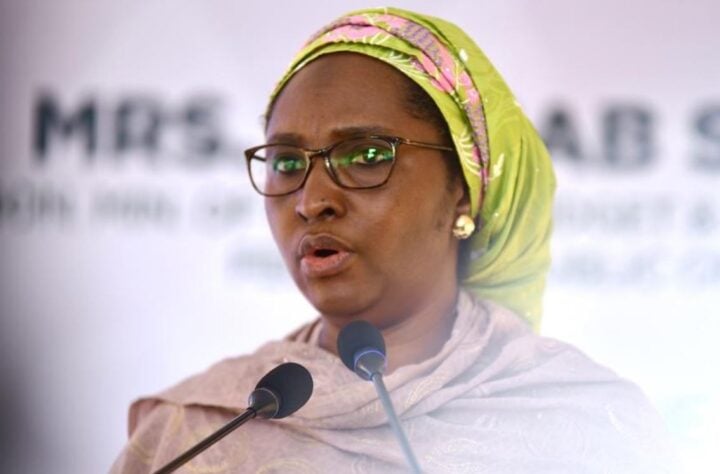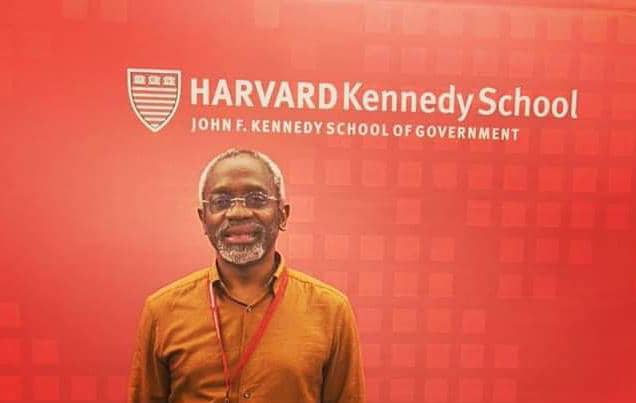In 2009, Ayodele Solaja was at the inter-house sports event of Our Lady of Apostles secondary school in Ijebu Ode for his regular scouting rounds for future athletic royalties in the unlikeliest places. Solaja, already an experienced athletics coach, watched as kids sprinted across the dusty tracks and leapt into the dirt in innocent competitiveness. He studied all the children, but one exceptionally tiny Junior Secondary School (JSS) girl caught his eyes the most. The girl did not let her diminutive figure hinder her performance as she left dozens of students, who were twice her size, coughing in the dust left behind by her short heels en route to the finish line. Solaja instantly recognised her as one of the dozens of students he had been giving basic athletics training at the Dipo Dina Stadium in the town. He noted her name. The tiny girl is Tobi Amusan, the first Nigerian to hold a world record in athletics after she was careened to a 12.12-second finish in the semi-final of the 100-meter hurdles at the 2022 World Athletics Championship.
“I was already training her, but that was when I saw her individual talent,” he said.
“I noticed her as a potential athlete.”
Thus, Solaja took a keen interest in the 12-year-old’s ability and consulted her parents to allow their child to join Buka Tiger Athletics Club.
Advertisement
“At that time, she was so small. Even though she had that talent, she was tiny,” Solaja said. “We used to call her ‘Shanko’ at that time.”
Solaja unearthed a gem, and through six years of “sensibly pushing her to go beyond human limits,” she began a professional career festooned with prizes and medals and became a world beater.
A former amateur decathlete, Solaja specialised in all events that cover the whole range of athletics disciplines. He once dreamt of a professional career, but due to what he described as “low standard in Nigeria,” it failed to materialise.
Advertisement
Solaja stopped competing in 1996 and started training young athletes. ‘Buka T’, as he is fondly called, forrayed into coaching with a philanthropic philosophy.
Nigeria is second on the list of countries with the highest number of impoverished people, with over 70 million people living below $2 per day, according to the World Poverty Clock (WPC).
For Solaja, sports was the best way to address the growing poverty in Nigeria.
“I use athletics as a means to elevate people from poverty,” he said.
Advertisement
“Especially those from humble backgrounds. The level of poverty in Nigeria today is high, and the youths are redundant. And sports is one of the ways that can be used to occupy the time and energy of the teeming youth. It can also help many from humble beginnings, and I know so many of those. It’s a calling for me, and I’ve been able to do so in the lives of so many athletes.”
Solaja founded Buka Tiger Athletic Club in 1997, where he began using his expansive athletics skills and techniques to achieve his altruistic idea.
While sorting the puzzles of his vision, Solaja earned a higher national diploma (HND) in accounting at the Yaba College of Technology (YABATECH) in Lagos.
He, however, described the certificate as “one of my greatest mistakes”.
Advertisement
“Actually, going into accounting is one of the greatest mistakes I have ever made,” he said.
“If I had stuck with a sport-related course, I probably would have been a better person than I am right now. I’ve never worked with the accounting certificate. Even when I did not have a coaching certificate, I was already earning salaries as a coach. Sport has always been my calling from the beginning. If someone had advised me earlier enough, I would not have gone for the accounting diploma, and maybe now I would be a professor in one sports-related course.”
Advertisement
Refusing to dally on the disappointment of the derailing career move, he had gone to discover and refine track and field athletes who have represented Nigeria at international competitions. He has also been a mainstay in the coaching department of the national athletics team since 2011.
Solaja’s on-the-track success is, however, not commensurable with his fortune.
Advertisement
Despite nurturing Nigerian Olympians, the athletic coach still works as a commercial motorcyclist to provide for his family.
“I’m a commercial motorcyclist. That’s what I do to survive,” he said.
Advertisement
“I’m not ashamed of it because I have to survive. It’s been tough. I wake up at 5:30 am, hustle till maybe 8:00 am, and then train athletes till 11 am. I go back to hustling after that, return to the stadium around 4:00 pm, and train the school students. I resume hustling around 5:30 pm before I go home.”
In the aftermath of Amusan’s historic feat at the world championship, Solaja revealed how he discovered her talent and his current financial challenges, among other topics, during this chat with TheCable.
TheCable: When did you develop a passion for athletics?
Solaja: My passion earlier was football. But along the line, I switched to athletics around 1986. That was when I started competing. First, in the long jump and then the decathlon. I stopped competing in 1996 and picked up coaching in 1997 at the police college ground in Ikeja. That was where I started my training career even though I was an amateur decathlete because the standard in Nigeria is a little bit low compared to the world.
TheCable: You hold a higher national diploma (HND) in accounting; what made you stick with athletics when you could have gone for a white-collar job?
Solaja: Actually, going into accounting is one of the greatest mistakes I have ever made. If I had stuck with a sport-related course, I probably would have been a better person than I am right now. I’ve never worked with the accounting certificate. Even when I did not have a coaching certificate, I was already earning salaries as a coach. Sport has always been my calling from the beginning. If someone had advised me earlier enough, I would not have gone for the accounting diploma, and maybe now I would be a professor in one sports-related course.
I use athletics as a means to elevate people from poverty. Especially those from humble backgrounds. The level of poverty in Nigeria today is high, and the youths are redundant. And sports is one of the ways that can be used to occupy the time and energy of the teeming youths. It can also help many from humble beginnings, and I know so many of those. It’s a calling for me, and I’ve been able to do so in the lives of so many athletes.
TheCable: Have you ever been called to the national team set-ups?
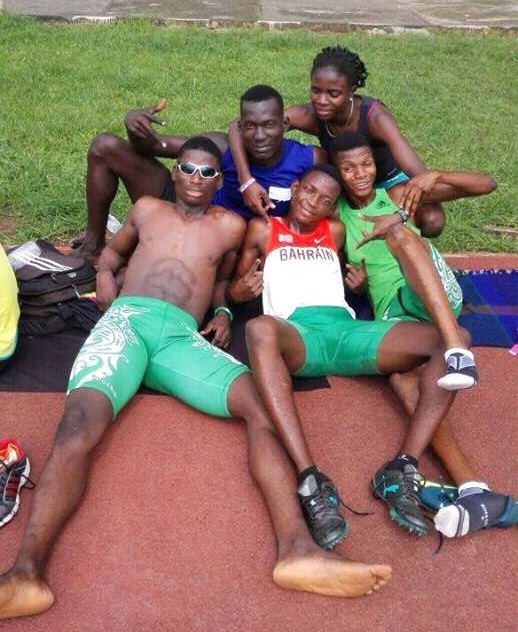
Solaja: Yes, I have. I got my first national team call-up in 2011 for the World Youth Championships in Athletics in Lille, France. Before then, I had trained Agnes Osazuwa, who won a medal at the Beijing Olympics. She was part of the Nigerian team awarded silver in the women’s 4×100 meters. I trained from scratch to that level.
In 2013, I was in camp for the World Youth Championships in Athletics in Ukraine. But eventually, I did not make the team. But that was where Tobi and the others started. I had three athletes that went to Ukraine. And later that year, I was also in the national camp for the African Junior Championship in Mauritius. I was on the team for the African Junior Championship in Addis Ababa. Then the 2015 All-African Games in Congo. Also, at the Islamic Solidarity Games in Azerbaijan in 2017 and the African Championships in Asaba the following year.
TheCable: When did Amusan join Buka Tigers?
Solaja: I can’t say specifically the particular year because it was not a person-to-person thing. But they were a group of student-athletes, and I go to their schools whenever they are doing inter-house sports. I noticed them and invited them to the Dipo Dina Stadium in Ijebu Ode. I used to go to about six schools in Ijebu Ode with over 50 athletes that were coming at that time.
But when they had an inter-house sport in Tobi’s school when she was in Junior Secondary School (JSS), I went there and noticed her talent. I was already training her, but that was when I saw her individual talent. I noticed her as a potential athlete.
I noticed her talent and approached the parents to allow her to come to training.
TheCable: When you started training her, did you foresee her talent breaking the world record someday?
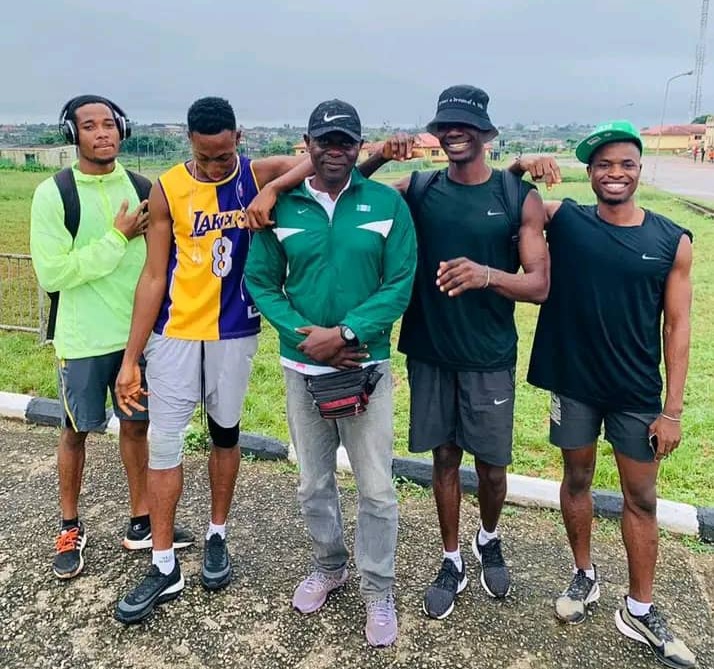
Solaja: At that time, she was so small. Even though she had that talent, she was tiny. We used to call her “Shanko” at that time. But as a coach, I expect the best from your athletes and hope that they can even go further than their talents and strength can carry them. I knew she had the talent to achieve big things in athletics. But world record? No, I was not thinking about that.
TheCable: How can we ensure that Nigeria can have a steady conveyor belt of talents like Amusan?
Solaja: First and foremost is to get the private sector involved in athletics. We cannot reach our full potential with the government in charge of athletics and sports; because it will not be handled like a business, and this is business. We must eliminate this culture of “no money” or “I’m financing it with my money.” Once the private sector is fully committed, they will always want value for their money. They will always make sure the right pegs are in the right holes.
We must also make sure that technocrats are in charge of athletes. People that know the system and know where the shoe pinches. We also allow continuity in operations, no break in transmission.
Also, there must be an enabling environment for athletes to thrive. Facilities and equipment must be made available, exposing these athletes to the right techniques while they are young, particularly in secondary schools.
Like Tobi, she was lucky to be exposed to a good coach right from her secondary school days, and that foundation has helped her to the level she is now.
TheCable: How is life, and how have you been coping?
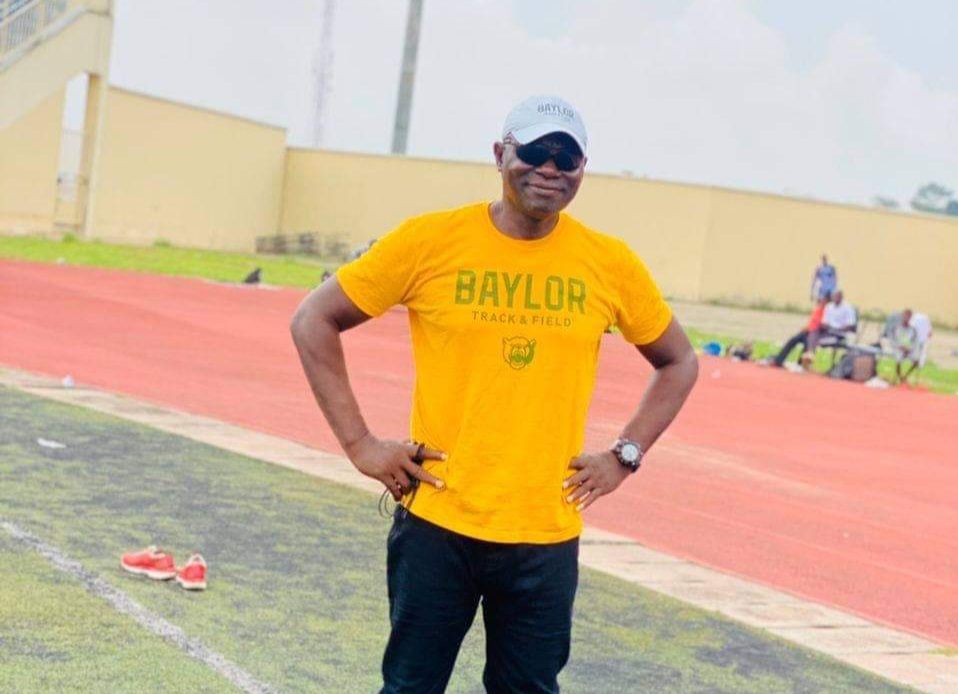
Solaja: I’m a commercial motorcyclist. That’s what I do to survive. I’m not ashamed of it because I have to survive. It’s been tough. I wake up at 5:30 am, hustle till maybe 8:00 am, and then train athletes till 11 am. I go back to hustling after that, return to the stadium around 4:00 pm, and train the school students. I resume hustling around 5:30 pm before I go home.
Sometimes you find yourself in some kind of situation, and instead of blaming anybody, just try to make the best while hoping things will get better. During the early days of the COVID-19 pandemic, I had to work as a security officer in my community to survive; I was not in a paid job or something. I had to look inward for my family not to starve to death. I did the job for about eight months.
Add a comment
